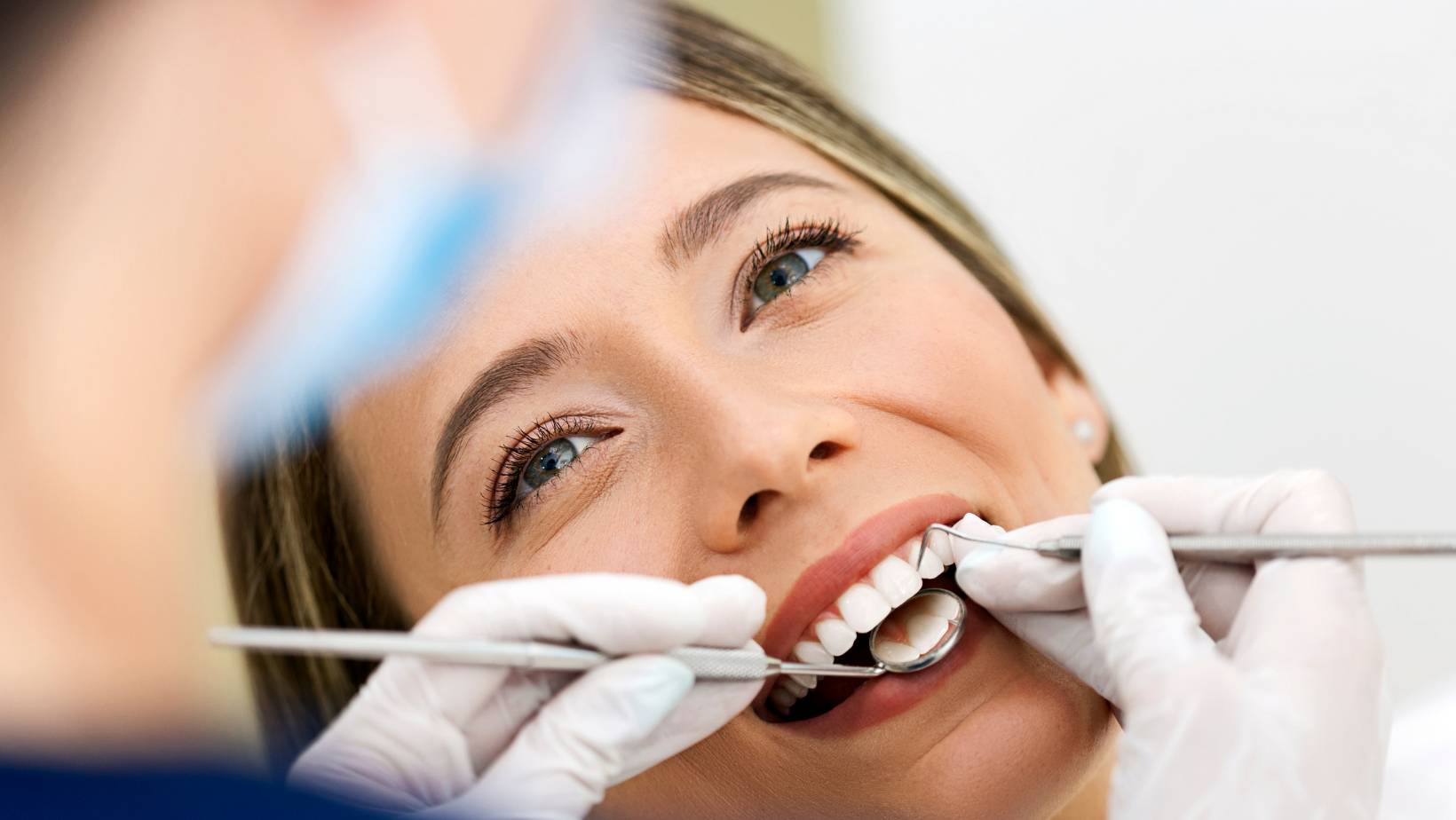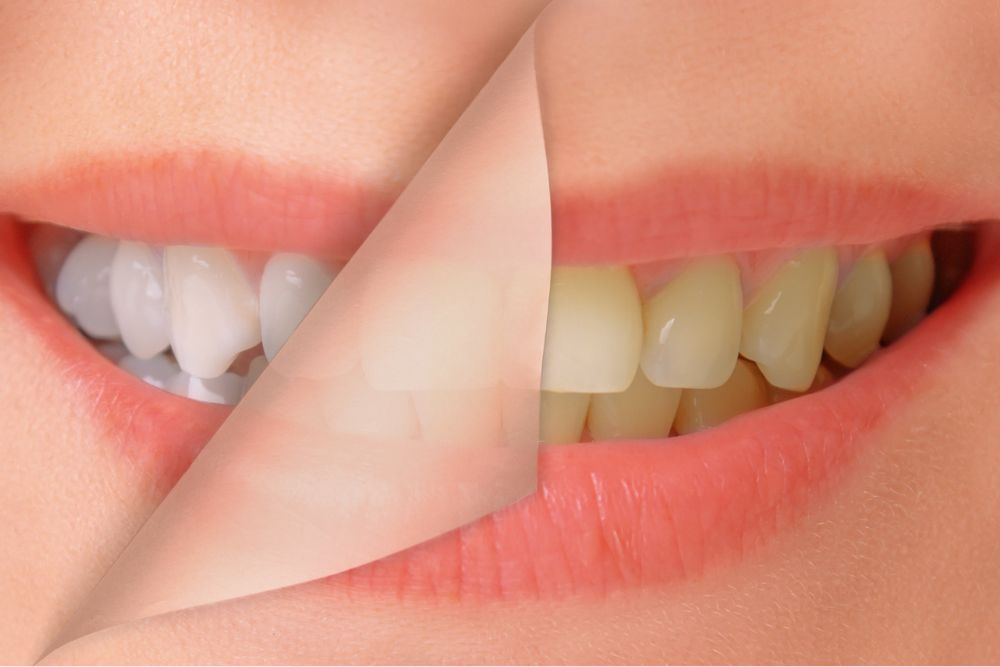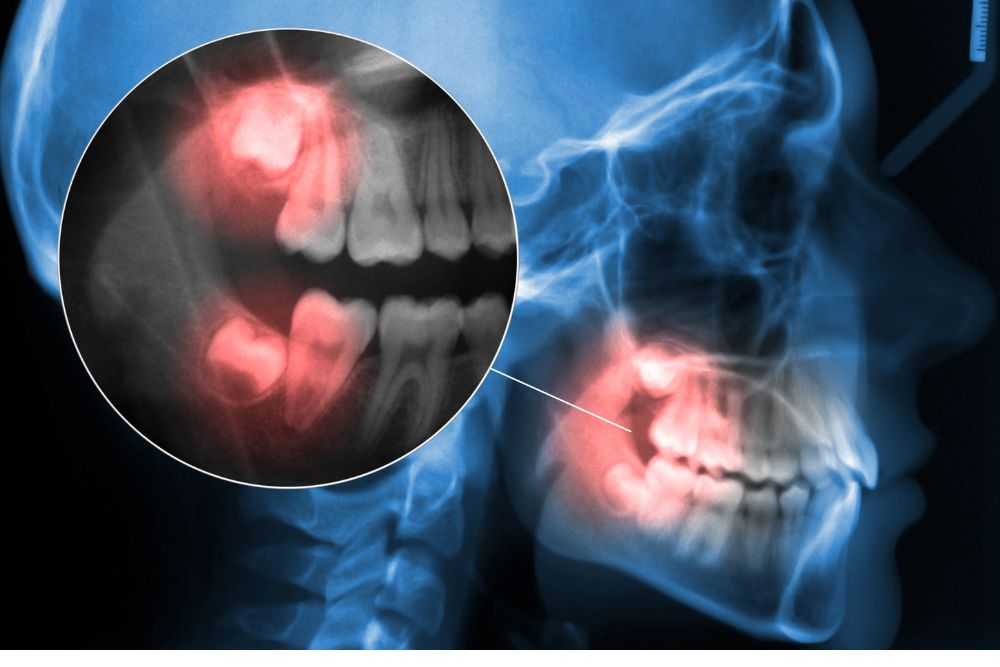If you’ve been experiencing jaw pain, teeth grinding, or TMJ (temporomandibular joint) issues, your dentist may have recommended using either a bite splint or a night guard. While both devices are designed to protect your teeth and relieve discomfort, they serve different purposes and are tailored to specific needs. We will point out the key differences between bite splints and night guards, helping you understand which option may be best for your situation.
What Is a Bite Splint?
A bite splint is a custom-fitted device designed to help with a variety of jaw-related issues, particularly for people with TMJ disorders or severe bruxism (teeth grinding). It works by stabilizing the jaw, reducing muscle tension, and preventing teeth from grinding against each other. Bite splints are typically made from durable, hard acrylic materials and are molded to fit over the upper or lower teeth. Their primary function is to reposition the jaw and relieve stress on the TMJ, promoting healing and reducing pain. Bite splints are often worn throughout the night, but for more severe cases, they may be recommended for daytime use as well.
What Is a Night Guard?
A night guard is a dental appliance specifically designed to protect the teeth from the damaging effects of grinding and clenching, especially during sleep. While it offers protection for the teeth, it doesn’t necessarily address underlying jaw or alignment issues the way a bite splint does. Night guards are typically made from softer, more flexible materials, although some can be made from harder plastics for added durability. These guards are worn over the teeth and act as a barrier to prevent the teeth from grinding against each other, which can lead to tooth wear, fractures, or even gum problems. Night guards are often available as over-the-counter (OTC) devices or as custom-made options provided by a dentist.
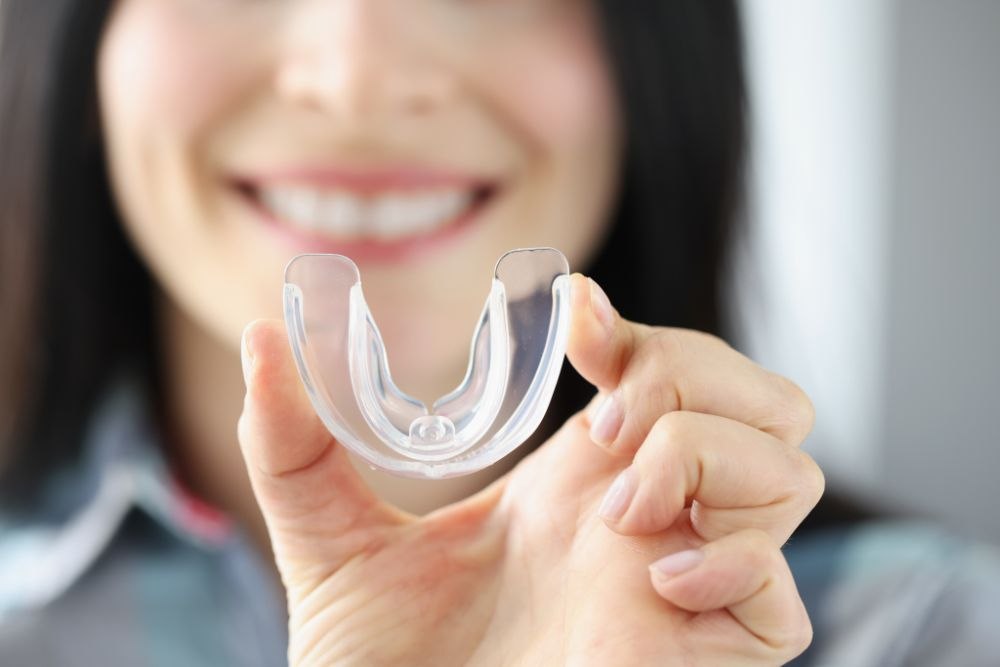
Key Differences Between Bite Splints and Night Guards
Purpose
- Bite Splints: Primarily designed to address jaw alignment issues, TMJ disorders, and severe bruxism by stabilizing the jaw and reducing pressure on the TMJ.
- Night Guards: Created to protect the teeth from the effects of grinding and clenching without necessarily addressing the underlying causes.
Material and Durability
- Bite Splints: Made from a hard, durable acrylic material, making them more robust and longer-lasting. This sturdiness is essential for people with significant jaw tension or chronic teeth grinding.
- Night Guards: Often made from softer, more flexible materials, especially in OTC versions. Custom-made night guards can be more durable, but they are still generally less rigid than bite splints.
Customization
- Bite Splints: Always custom-made by a dentist to fit your mouth precisely. This ensures that the splint properly repositions the jaw to alleviate TMJ symptoms or other dental issues.
- Night Guards: Available as both custom-made and over-the-counter options. Custom night guards are created by taking a mold of your teeth, while OTC versions come in standard sizes, offering a less precise fit.
Usage
- Bite Splints: Used primarily for treating TMJ disorders and severe bruxism, bite splints can be worn day and night depending on the severity of the condition.
- Night Guards: Specifically designed for nighttime use to prevent tooth grinding. They’re usually worn only while sleeping, unless otherwise recommended by a dentist.
Cost
- Bite Splints: Typically more expensive due to the custom-fitting process and the need for more durable materials. The cost can vary depending on the complexity of the jaw issue being treated.
- Night Guards: More affordable, especially OTC versions, though custom-fitted night guards from a dentist can also become costly depending on the materials used and the dentist’s fees.
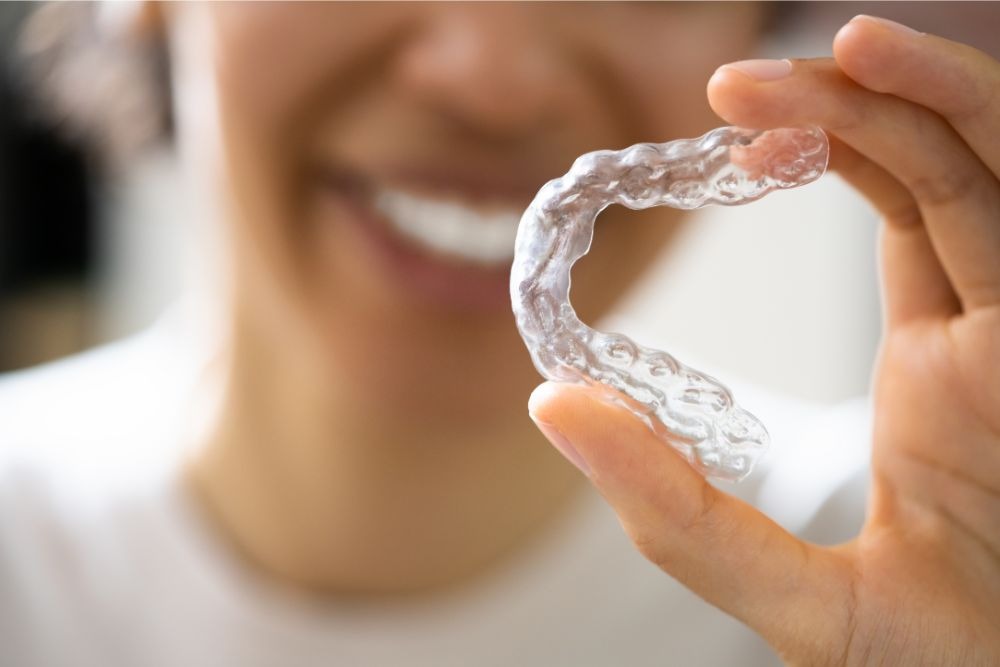
Which Option Is Right for You?
The choice between a bite splint and a night guard depends largely on your specific condition and what you hope to achieve.
- If you suffer from TMJ disorders or chronic jaw pain, a bite splint may be the better option as it’s designed to address the root causes of these issues, offering relief from jaw tension and helping with alignment.
- If your primary concern is protecting your teeth from grinding at night without experiencing jaw-related pain, a night guard may suffice. In this case, a softer material could be more comfortable for nighttime wear, and an OTC night guard might be a cost-effective solution.
If you’re unsure which device is right for you, contact Ararat Dental to schedule a consultation for guidance on choosing the best option for your condition. Our team will assess your needs and help you decide whether a bite splint or a night guard is the best option for you. Call us at 201-533-0005 to learn more and book an appointment.



